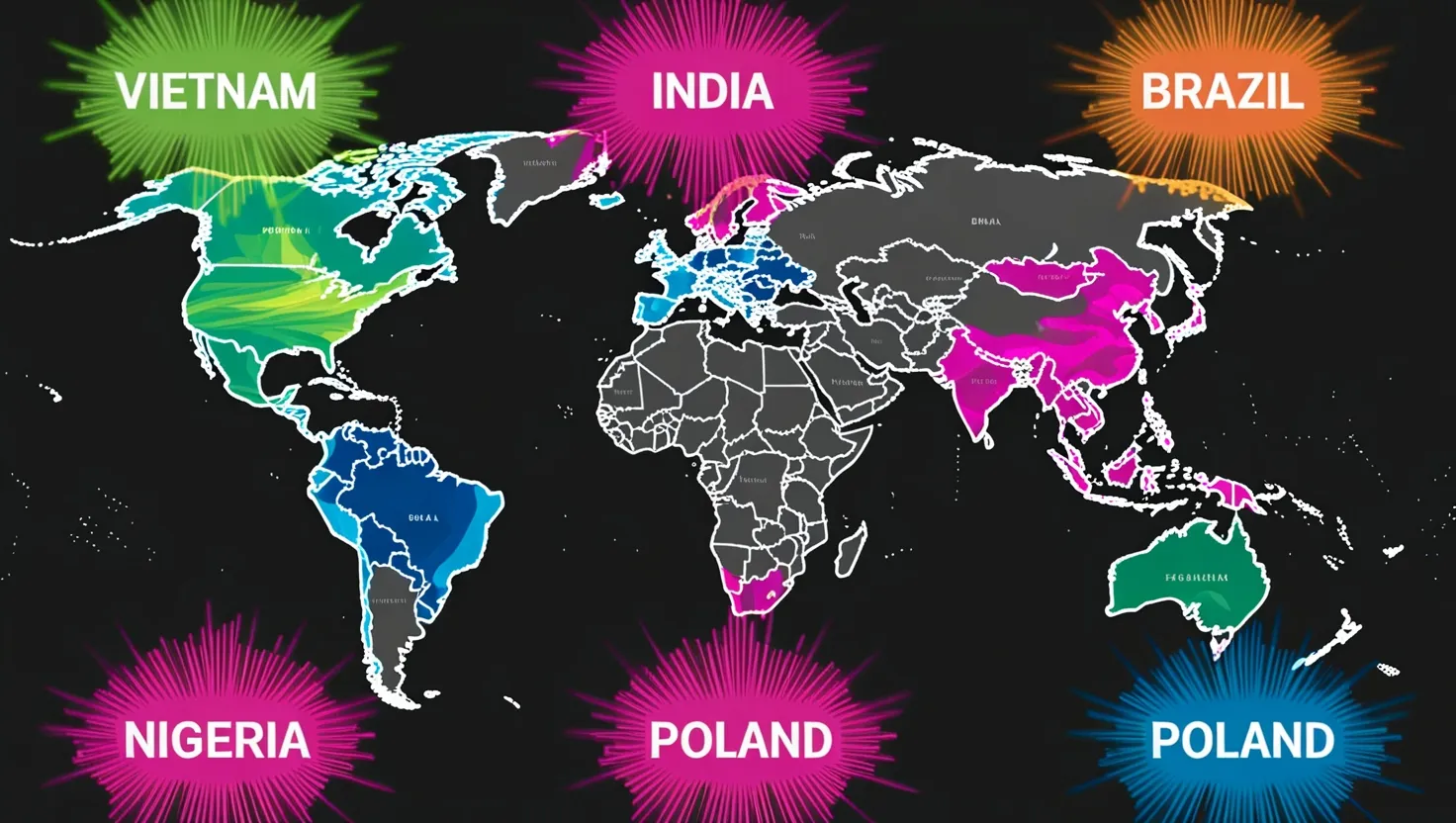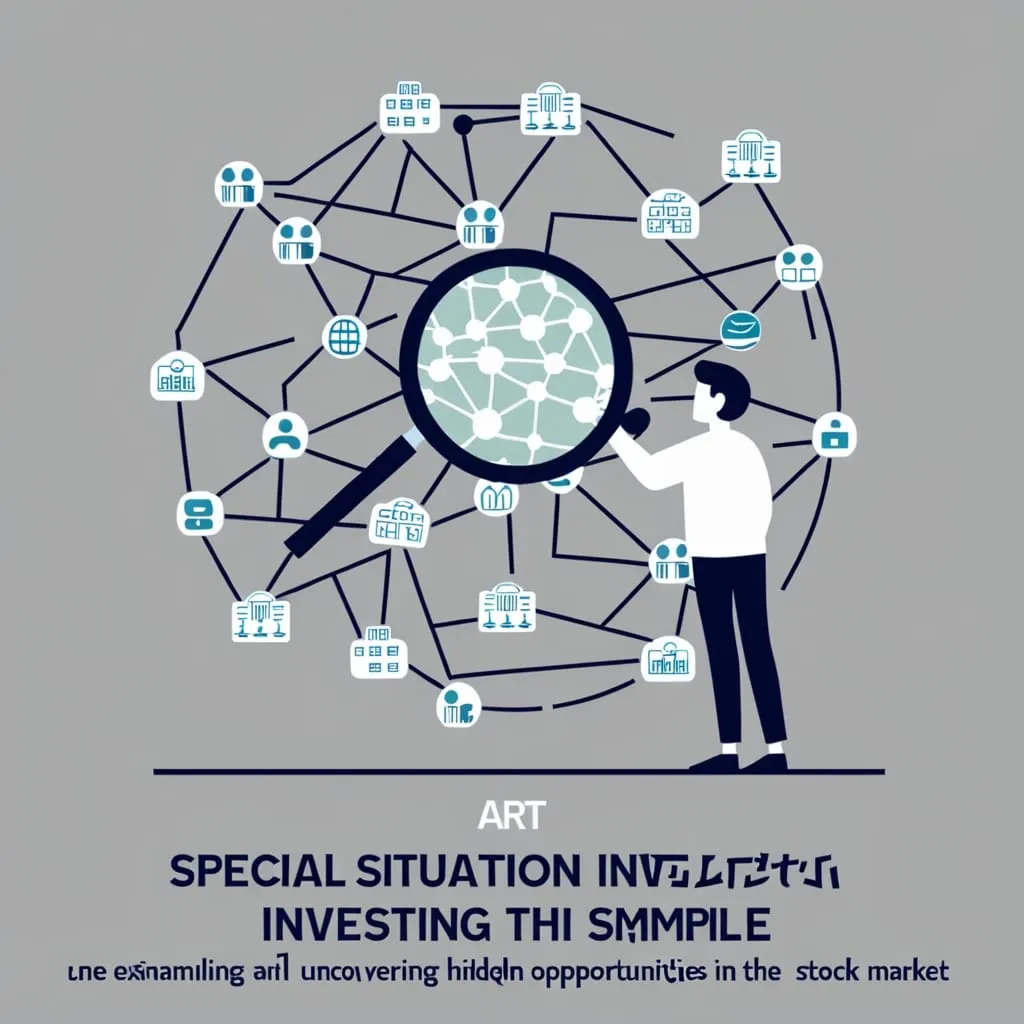Passive income. It's the dream, right? Money rolling in while you lounge on a beach sipping margaritas. Sounds too good to be true, doesn't it? Well, hate to burst your bubble, but it kinda is. Don't get me wrong, passive income is real and it's awesome. But it's not the magic money machine some folks make it out to be.
Let's get real about passive income for a sec. First off, forget about overnight success. Those gurus promising you'll be swimming in cash by next week? They're full of it. Building passive income takes time, effort, and a whole lot of patience. It's like planting a tree – you gotta nurture it for years before you can enjoy the shade.
Take investing in stocks, for example. You can't just throw money at random companies and expect to become the next Warren Buffett. You gotta do your homework, pick the right stocks, and then wait. And wait. And wait some more. It's a slow burn, but that's how you build wealth that lasts.
Now, here's another myth that needs busting: the whole "set it and forget it" idea. Passive income isn't like a crockpot meal. You can't just set it up and walk away. Even the most hands-off income streams need some TLC now and then.
Let's say you buy a rental property. Sure, those rent checks might come in regularly, but you're still on the hook for dealing with tenants, fixing leaky faucets, and paying property taxes. It's not exactly a 24/7 job, but it's not a walk in the park either.
Here's the thing about passive income – it's not one-size-fits-all. What works for your neighbor might be a disaster for you. Maybe you're a whiz at online marketing, while your buddy knows real estate like the back of their hand. Play to your strengths, folks.
And let's talk about risk for a sec. Passive income isn't a free ride to Easy Street. There's always some level of risk involved. The stock market can tank, your rental property could sit empty for months, or that online course you poured your heart into might flop. That's why diversification is key. Don't put all your eggs in one basket, ya know?
Now, don't get me wrong. I'm not trying to scare you off passive income. It's a great way to build wealth and freedom over time. But you gotta approach it with your eyes wide open.
Here's the real deal: passive income takes work. Yeah, I know, it sounds contradictory. But think of it like this – you're frontloading the effort. You put in the hard yards upfront so you can reap the benefits later.
Take creating an online course. You might spend months developing content, filming videos, and setting up your platform. It's a lot of work. But once it's done, you can potentially earn money from it for years to come. That's the beauty of passive income – you do the work once, but you get paid over and over.
Let's chat about diversification for a minute. It's a fancy word that basically means "don't put all your eggs in one basket." When it comes to passive income, diversification is your best friend. It's like having a safety net for your money.
Imagine you've got all your cash tied up in rental properties. Sounds great, right? But what if the housing market takes a nosedive? Suddenly, you're in a world of hurt. That's why smart investors spread their money around. Maybe some in real estate, some in stocks, some in a small business. That way, if one thing goes south, you're not totally screwed.
Here's a personal example. I've got a buddy who was killing it with rental properties. He thought he had it made. Then COVID hit, and suddenly he had a bunch of tenants who couldn't pay rent. It was a wake-up call. Now he's diversifying into dividend stocks and online businesses. He learned the hard way that relying on just one income stream is risky business.
Now, let's talk about something that doesn't get enough attention when it comes to passive income – continuous learning. The world of investing and business is always changing. What worked yesterday might not work tomorrow. If you want to succeed with passive income, you gotta stay on your toes.
This doesn't mean you need to become a full-time student or anything. But you should be reading financial news, following industry trends, maybe even taking a course or two. The more you know, the better decisions you'll make with your money.
I remember when I first started investing in stocks. I thought I could just pick a few big-name companies and watch the money roll in. Boy, was I wrong. I quickly realized I needed to understand things like P/E ratios, dividend yields, and market trends. It was a steep learning curve, but it paid off in the long run.
Let's get into some real-life examples of passive income, shall we? Take blogging, for instance. It's often touted as an easy way to make passive income. But let me tell you, it's anything but passive in the beginning.
I've got a friend who started a travel blog a few years back. For the first year, she was working her butt off – writing posts, taking photos, building an audience on social media. It was like having a second full-time job. But now? She's making decent money from ads and sponsorships, and she only needs to post new content once or twice a week. It's not completely hands-off, but it's a lot more passive than it used to be.
Or how about investing in REITs (Real Estate Investment Trusts)? These can be a great way to get into real estate without actually buying property. But don't think you can just throw money at them and forget about it. You still need to research different REITs, keep an eye on market trends, and adjust your investments as needed.
Now, let's address the elephant in the room – the term "passive income" itself. It's kind of misleading, isn't it? It makes it sound like you can sit back and watch the money roll in without lifting a finger. But that's not how it works in real life.
A better way to think about it might be "delayed gratification income" or "front-loaded work income." You put in the effort upfront, and then you reap the benefits over time. It's like planting a garden. You don't just throw seeds on the ground and come back in a few months to a bountiful harvest. You gotta prepare the soil, water the plants, pull weeds – but once everything's established, you can enjoy the fruits of your labor for a long time.
Take writing a book, for example. The process of actually writing the thing is anything but passive. It's months or even years of hard work. But once it's published? You can potentially earn royalties for years to come. That's the power of passive income – you do the work once, but you get paid over and over.
Let's talk about risk for a minute. Because here's the thing – passive income isn't risk-free. Far from it, actually. Every investment comes with some level of risk, and passive income streams are no exception.
Maybe you invest in a small business that seems like a sure thing, only to see it struggle in its first year. Or you pour money into a rental property, and then the housing market takes a nosedive. Heck, even something as seemingly stable as dividend stocks can take a hit if the company faces financial troubles.
That's why it's so important to diversify your passive income streams. It's like that old saying – don't put all your eggs in one basket. By spreading your investments across different areas, you're less likely to lose everything if one thing goes south.
I learned this lesson the hard way when I first started out. I was so excited about the potential of dividend stocks that I put almost all my money into them. Then the market took a big hit, and suddenly my "passive" income wasn't looking so hot. Now I make sure to spread my investments across stocks, real estate, and online businesses. It helps me sleep better at night, knowing I'm not relying on just one source of income.
So, what's the bottom line on passive income? Is it worth pursuing? Absolutely. But you gotta go into it with your eyes wide open.
Passive income isn't a get-rich-quick scheme. It's not a magic solution to all your money problems. And it's definitely not something you can set up in a weekend and then forget about.
But if you're willing to put in the work, if you're patient and persistent, passive income can be an incredible tool for building wealth and freedom over time. It's about creating multiple streams of income that work for you, even when you're not actively working.
Think of it like this – passive income is like planting seeds for your financial future. You might not see results right away, but over time, those seeds can grow into a forest of opportunity.
So if you're considering diving into the world of passive income, go for it. Just remember to do your research, diversify your investments, and be prepared for some ups and downs along the way. And most importantly, don't expect miracles overnight. Building passive income takes time, but trust me – it's worth the effort.
In the end, passive income isn't about finding a shortcut to wealth. It's about creating a lifestyle where you have more freedom and flexibility. Where your money works for you, instead of you always working for your money. And that, my friends, is a goal worth striving for.
So go ahead, start planting those seeds of passive income. Just remember to water them, nurture them, and be patient. Before you know it, you might just find yourself sitting on a beach, sipping that margarita, knowing that your money is working hard even while you're kicking back. And let me tell you, that's a pretty sweet feeling.






